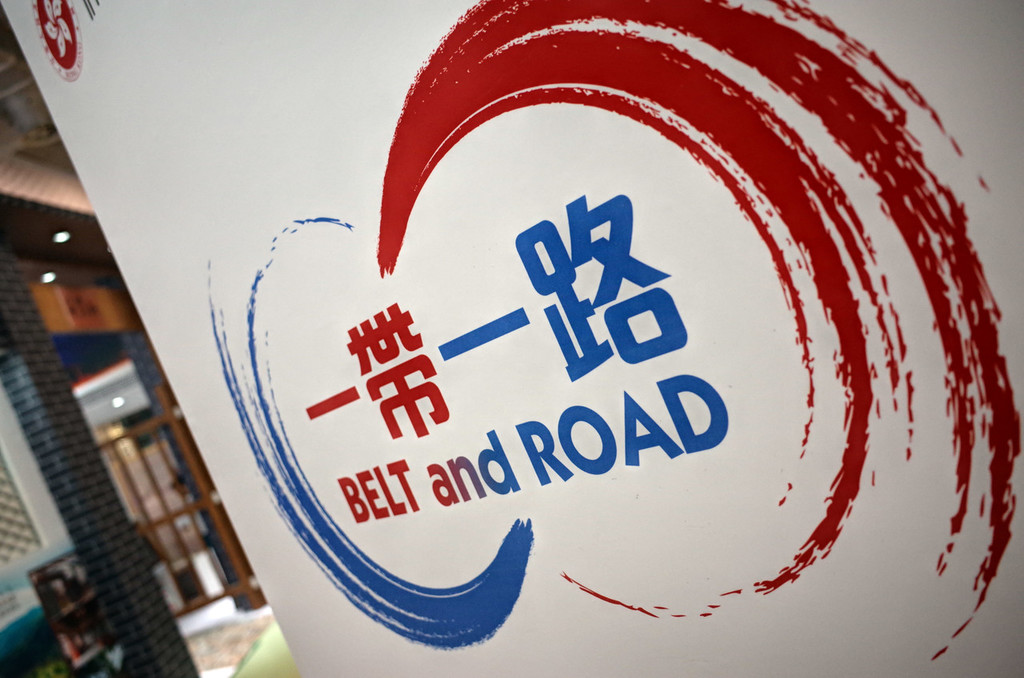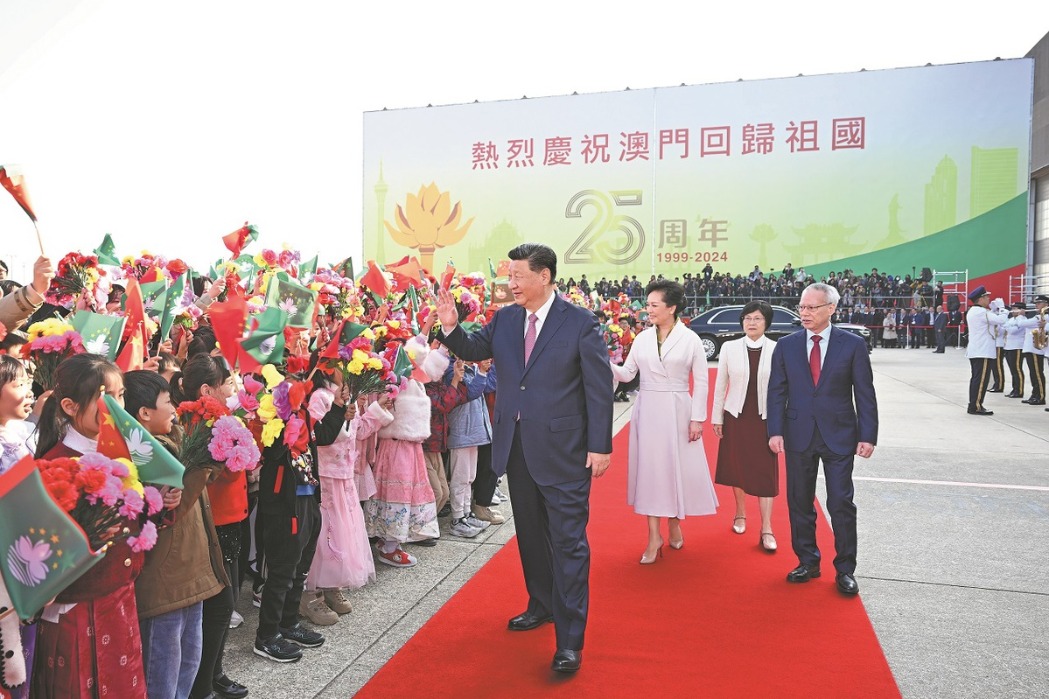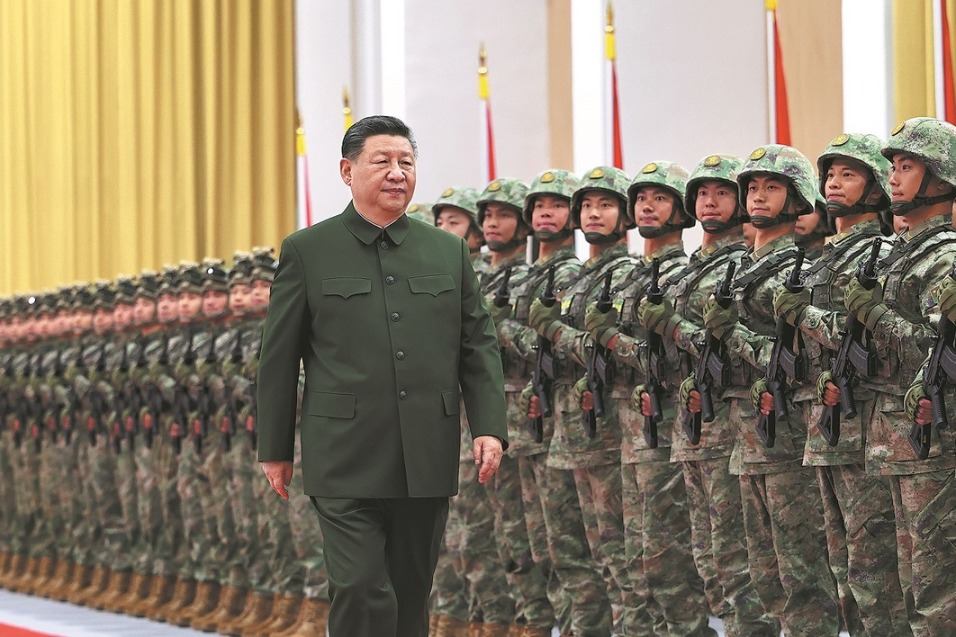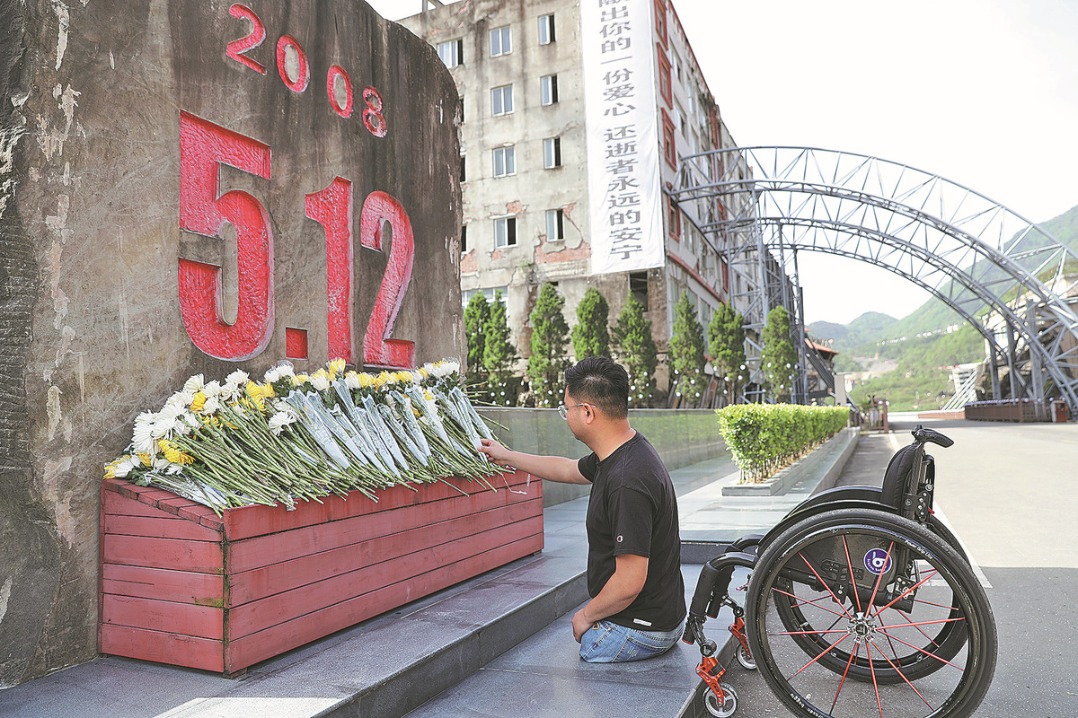Belt and Road promotes equality-based cooperation
By Long Guoqiang | China Daily Global | Updated: 2019-04-12 09:04

A deep correction in the world's economic landscape and globalization have brought new opportunities as well as challenges to all countries.
China faces both short-term and long-term challenges. First, a sluggish global economy has resulted in insufficient external demand, taking a toll on the growth of China's exports.
Second, trade and investment protectionism has risen. The United States defines China as a "strategic competitor", covering fields such as trade, science, technology and investment. Also, it has unilaterally imposed tariffs on imports from China and taken national security as an excuse to put restrictions on Chinese companies' investments, having a direct impact on bilateral trade and investment activities, threatening the secure and efficient operation of the global production value chain and adversely affecting investors' expectations.
Third, China's exports are facing increasingly fierce international competition.
As the world's largest goods exporter, its edge in labor-intensive products and services has gradually been lost with rising labor costs and fiercer competition.
Fourth, the challenges facing global economic governance have affected international economic cooperation.
The Doha Round of trade talks, begun in 2001 among members of the World Trade Organization, has not been fruitful, and new economic and trade activities such as digital trade lack the support of international rules.
The operation of the WTO also faces difficulties as some trading powers focus on domestic interests and unilateral measures.
Despite these, there are still external opportunities conducive to China's high-quality development.
First, the information technology revolution has become a new driving force of China's economic development, generating new technologies, products, services and business models.
Second, investors are mostly optimistic about the prospects of China's development.
According to some surveys, many multinational companies regard China as one of the most attractive investment destinations.
Amid a sharp decline in global cross-border investment, foreign direct investment targeting China has maintained steady growth and experienced restructuring, with a rising share of modern service industries, an increasingly high technological level of manufacturing projects and the setting up of more headquarters and research and development centers in the country.
Third, overseas students and other talent have been heading to China at an accelerating pace.
As China steadily widens its opening-up, foreign investors have broader requirements for and higher expectations of its business environment.
According to the Third Plenary Session of the 18th Communist Party of China Central Committee, China will focus on a stable, fair and transparent business environment to build a new, open-oriented economic system.
Through the reform of delegating power, streamlining administration and improving services, China has enhanced intellectual property protection, leveled the playing field for domestic-funded and foreign-invested enterprises, reduced taxes and fees to facilitate investment facilitation and launched in-depth and extensive reform and innovation in different regions, making the domestic business environment significantly better.
The Belt and Road Initiative also gives full play to the dominant role of enterprises in market-oriented operations. It has brought strategic opportunities to the economic development of countries along the route.
Third-party countries have shown interest in the BRI, which focuses on open-oriented cooperation and inclusiveness and provides huge and equality-based opportunities.
The author is the deputy director of the Development Research Center of the State Council. The views do not necessarily reflect those of China Daily.
























